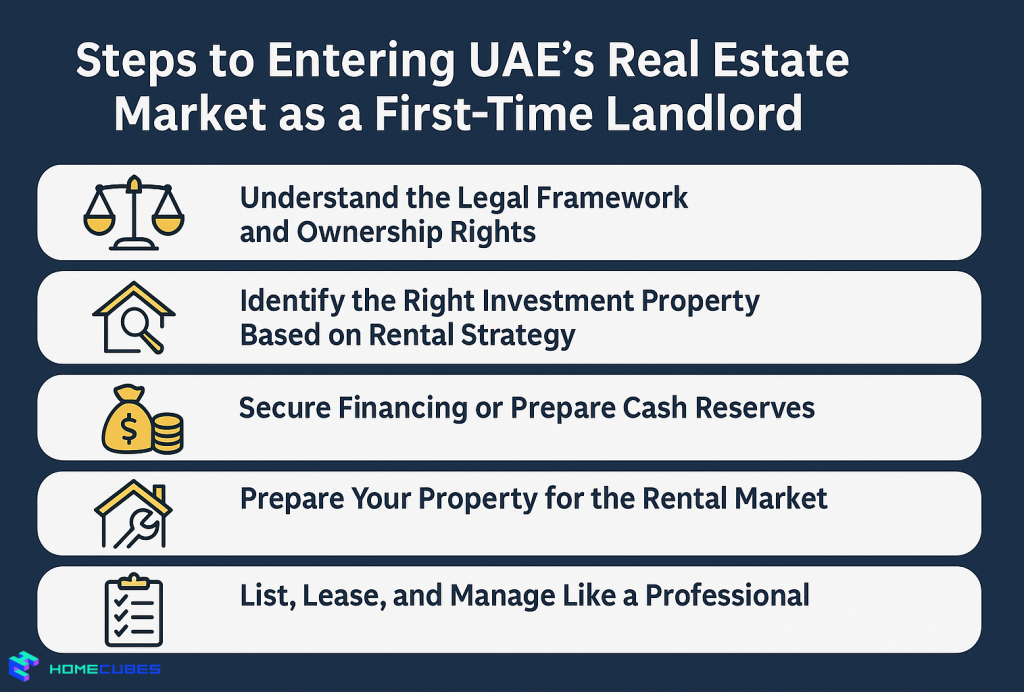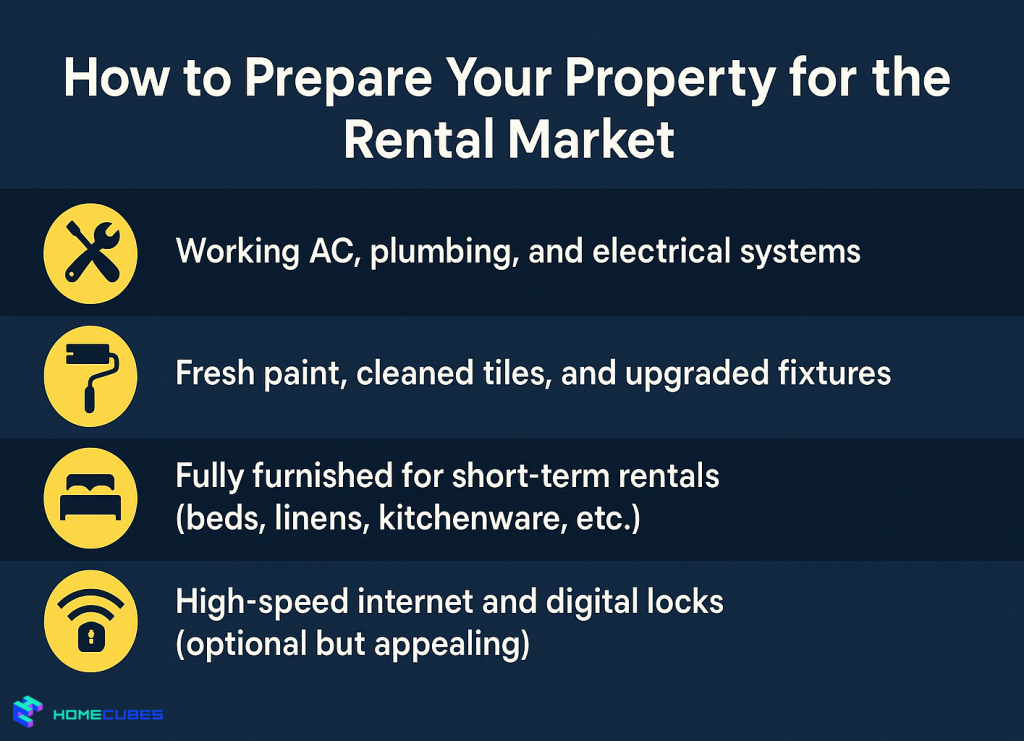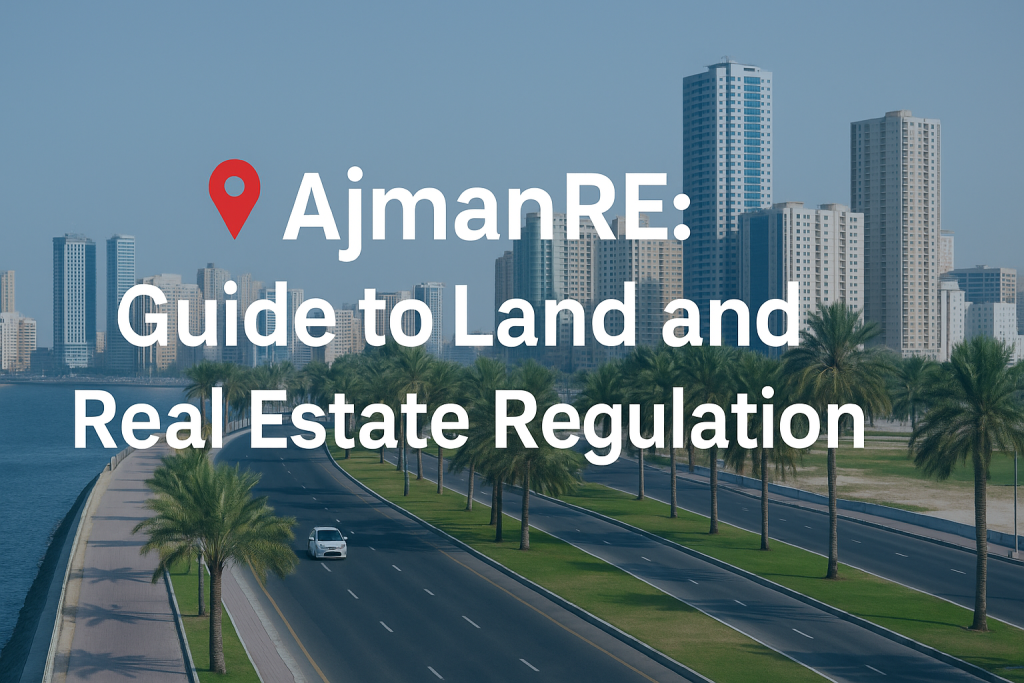

Introduction: Why Now is the Right Time to Become a Landlord in the UAE
Becoming a landlord in the UAE has never been more accessible—or more promising. With the country’s real estate market continuing its robust post-pandemic growth, new infrastructure projects, and expanding expat population, now is an opportune time to step into the market as a First-Time Landlord.
According to the Dubai Land Department, Dubai alone witnessed 1.6 million property transactions in 2023, breaking all previous records and reflecting rising investor confidence. For first-time investors, the UAE’s landlord ecosystem offers a transparent, regulated, and scalable framework to generate passive income and build long-term wealth.
Dubai’s property market scaled new heights in Q1 2025, registering 45,474 transactions worth >$38bn.
Off-plan sales accounted for 56% of these deals, rising by 24% YoY.
Another quarter, another superb performance from our Emirate’s real estate sector.https://t.co/Mlg4U6JSoQ
— Amira Sajwani (@Amira_H_Sajwani) May 19, 2025
However, becoming a landlord in this dynamic market requires careful planning and understanding of legal, financial, and operational responsibilities. This guide breaks down the 5 essential steps every First-Time Landlord must take to enter the UAE real estate market with confidence.

Step 1: Understand the Legal Framework and Ownership Rights
Know Where and How Foreigners Can Own Property
The UAE has opened vast segments of its property market to foreign ownership, but regulations differ by Emirate and location. For a First-Time Landlord, the first step is to understand freehold vs. leasehold zones.
- Freehold areas in Dubai (e.g., Downtown, Palm Jumeirah, JVC) allow full property ownership and rental rights for foreign nationals.
- Leasehold areas permit long-term leases (typically 99 years), but ownership reverts to the local landlord at the end of the term.
Legal procedures are clear and efficient. You must:
- Register your property with the Dubai Land Department (DLD) or relevant municipal body.
- Obtain a Title Deed (Oqood for off-plan, then full title upon handover).
- Register lease agreements through Ejari in Dubai or Tawtheeq in Abu Dhabi.
According to Bayut’s Legal Guide, DLD registration fees usually amount to 4% of the property value, paid at the time of transaction.
Tip for First-Time Landlords:
Hire a licensed conveyancer or property lawyer to review all documents, especially if you’re buying off-plan.
Step 2: Identify the Right Investment Property Based on Rental Strategy
Decide Between Short-Term, Long-Term, or Hybrid Leasing
Each rental model in the UAE offers distinct pros and cons. Your choice will affect cash flow, regulatory obligations, and tenant management complexity.
1. Short-Term Rentals (Airbnb, Booking.com):
- Higher yields (8%–12%)
- Frequent turnover, dynamic pricing
- Must be registered with Dubai’s Department of Economy and Tourism
2. Long-Term Rentals:
- Lower operational effort
- Fixed annual income
- Tenant screening and Ejari registration required
3. Hybrid (Seasonal Flexibility):
- Offers the best of both worlds
- Requires strong property management and tech integration
According to Knight Frank’s Dubai Residential Market Review, areas like Dubai Marina, Business Bay, and JVC offer the strongest rental yields for both short- and long-term models.
First-Time Landlord Strategy:
Start with a long-term lease for stability, then transition into short-term as you gain operational experience.
Step 3: Secure Financing or Prepare Cash Reserves
Evaluate Mortgage vs. Cash Purchase for Your First Property
If you’re a First-Time Landlord without prior real estate holdings in the UAE, banks may require:
- Minimum 20–25% down payment
- Salary certificates, bank statements, and credit history
Some banks, such as Emirates NBD and Mashreq, offer buy-to-let mortgage products with:
- Fixed or floating interest rates
- Repayment terms of 15–25 years
- Options for both residents and non-residents
It’s crucial to calculate:
- ROI (Rental Yield vs. Mortgage Rate)
- Net returns after service charges, maintenance, and taxes
Tip:
Use mortgage comparison tools from brokers like Mortgage Finder UAE or Property Finder Finance to assess monthly payment scenarios and select the right one among the property mortgages in Dubai and Abu Dhabi and other areas offered by banks and financial institutions.
Step 4: Prepare Your Property for the Rental Market

Renovate, Furnish, and Stage the Unit Professionally
Today’s tenants—especially expats—expect modern finishes, energy-efficient appliances, and smart-home integrations. As a First-Time Landlord, your goal is to create a tenant-ready, low-maintenance unit.
Minimum Requirements:
- Working AC, plumbing, and electrical systems
- Fresh paint, cleaned tiles, and upgraded fixtures
- Fully furnished for short-term rentals (beds, linens, kitchenware, etc.)
- High-speed internet and digital locks (optional but appealing)
According to a recent survey by Property Finder, renters in Dubai prioritize:
- Proximity to transport
- Covered parking
- Balcony or outdoor space
- Integrated kitchen appliances
Tip:
Use licensed maintenance teams and get everything inspected before listing. Poor condition equals high vacancy.
Step 5: List, Lease, and Manage Like a Professional
Choose Between DIY Leasing and Property Management
Once your unit is ready, you need to attract tenants and manage the lease. You can:
- List on platforms like Bayut, Dubizzle, or Airbnb
- Hire a RERA-certified agent to market and manage the property
- Use a property management company to take advantage of top property management services in Dubai and UAE. (10–15% of rent)
Don’t forget:
- Register the lease contract with Ejari
- Collect a security deposit (usually 5%)
- Perform tenant background checks
- Maintain clear documentation for income and expenses (for future taxes or audits)
Tools for First-Time Landlords:
- Smart landlord portals for rent collection and issue tracking
- Digital contract signing tools (DocuSign, UAE Pass)
- Annual property maintenance contracts to minimize repairs
Final Thoughts: First-Time Landlords Can Thrive in UAE’s Real Estate Ecosystem
With its investor-friendly regulations, maturing rental market, and technology-driven infrastructure, the UAE is an ideal destination for first-time property owners looking to generate passive income. However, success depends on informed decision-making, professional standards, and ongoing market awareness.
By following these five steps, a First-Time Landlord can confidently enter the UAE’s competitive real estate landscape and grow their portfolio over time. The UAE is unique in offering access to high-yield property markets alongside political stability, tax efficiency, and global investor appeal. In addition, the country’s ongoing push toward sustainability and PropTech integration will reward landlords who choose to modernize and optimize their investments.
🏠 Ready to Begin Your Landlord Journey Through Fractional Real Estate?
Homecubes is developing a next-generation platform that allows aspiring and experienced investors to enter the UAE’s thriving real estate market—without the burden of managing entire properties.
As a First-Time Landlord, you may be concerned about upfront costs, legal formalities, or the day-to-day stress of dealing with tenants. Homecubes aims to eliminate those barriers by enabling fractional ownership of pre-vetted, income-generating properties in Dubai, Abu Dhabi, and other high-growth zones.
⚠️ Important Notice: Homecubes is currently awaiting regulatory approval from the Virtual Assets Regulatory Authority (VARA). While we are not yet operational, we’re working diligently to launch a fully compliant, investor-friendly experience.
📩 Register your interest to be among the first to explore fractional landlord ship in one of the world’s most exciting real estate markets.










